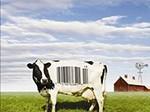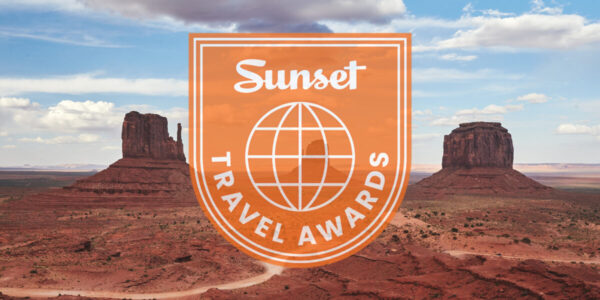
Food Inc.: A great argument for eating locally

Even though I knew that going to see the movie Food Inc. would not be mind-changing for me–I mean, talk about preaching to the converted!–it’s so worth seeing, even if you’ve been a Michael Pollan fan for the past 10 years and can recite passages from Fast Food Nation. My top reasons:* It communicates the difference between mindless slaughter and careful harvest of food animals. And it does so without making you want to run out of the theater clutching your stomach. In fact, the industrial feedlot scenes are the least gory.The bloodiest scene (and it’s not that bloody) takes place in the most humane setting: a great farm, run with respect for animals—Polyface Farm, in Virginia.* It makes the best case for avoiding GMO crops (like most of the large-scale corn and soybeans grown in this country). Not necessarily because they’re intrinsically harmful to the human body, but because the seeds are patented by enormous corporations—and are considered intellectual property. If farmers harvest seeds from their new crop for replanting the following year, as they’ve done for centuries, they violate intellectual property law. So they’re forced to buy all new seed from the company. This is like having to pay for rain, or sun.* It tells the story, compellingly, of ethical farmers who challenge giant corporations and get squashed–easily, because our laws totally support the corporations. These are very courageous people who lose everything for the sake of doing what’s right, and were it not for this movie, would probably have gone on living in obscurity: the poultry farmer, a haggard woman with a vestige of beauty, refusing to enclose her grown-for-Purdue chickens (already dying by the dozen) in lightless sheds; the seed-cleaner, a man forced to give up to Monsanto the names of his customers—for whom he’d clean seeds so they could be planted in the spring. Doubtless there are hundreds more like them, unseen, unheard, and heroic. (FYI, filmmaker Robert Kenner told NPR’s On the Media that his legal fees for Food Inc. were more than those for his past 15 films combined. And remember Oprah’s legal struggle over her on-air hamburger-disparaging comment?
* It points out how easily our food supply can be contaminated when it’s run like a giant machine.One example: Industrially raised cows, fed grain (largely corn) instead of the grass they’re actually built to digest, have developed a whole new (and especially virulent) form of E. coli bacteria in their intestines called E. coli 0157. This strain is the one that’s been causing so many of the foodborne illnesses in the past few years: hamburger (several times), spinach, even frickin’ cookie dough.* One good way to fight food inc.? The One-Block Diet! Seriously, any form of local eating—whether you’re raising crops yourself or supporting your area’s farmers–will be better for your body and your community; and it will nearly always be fresher and taste better. For more ways to take action, see these 10 tips from the moviemakers themselves.

